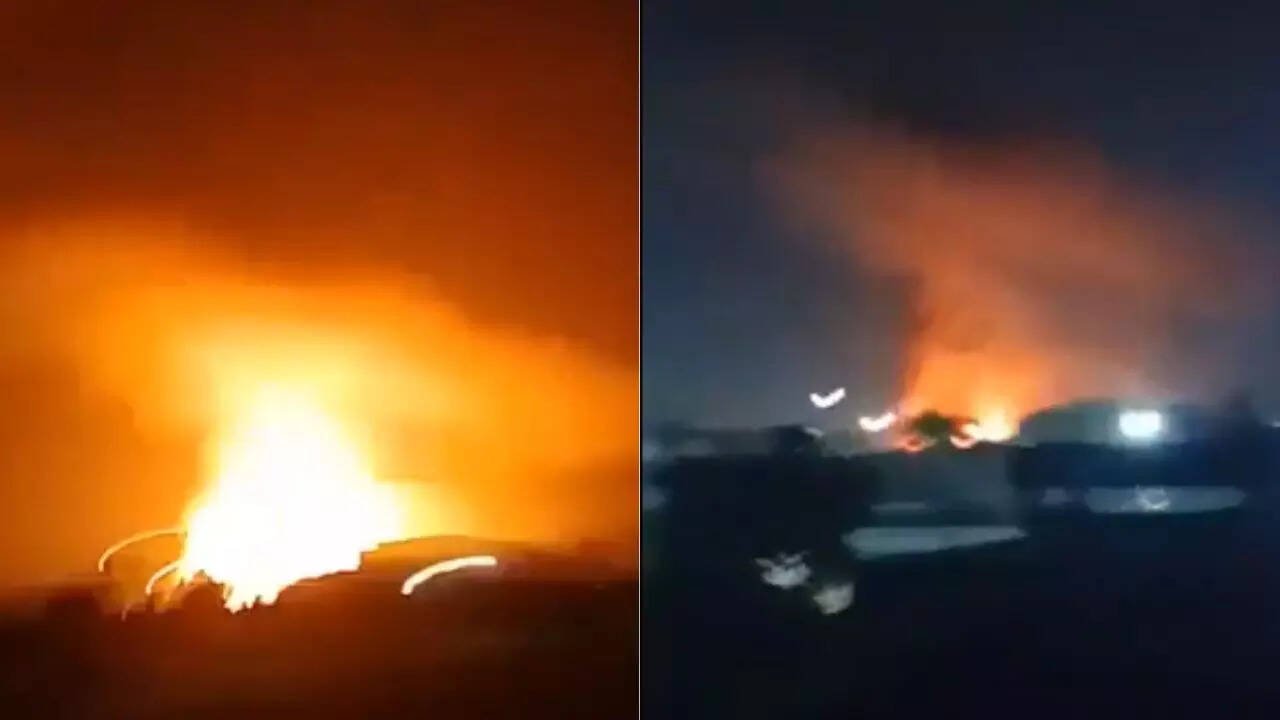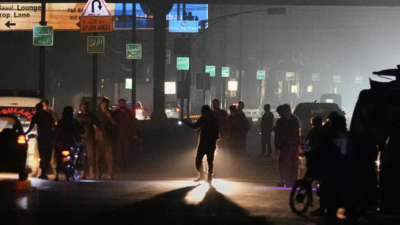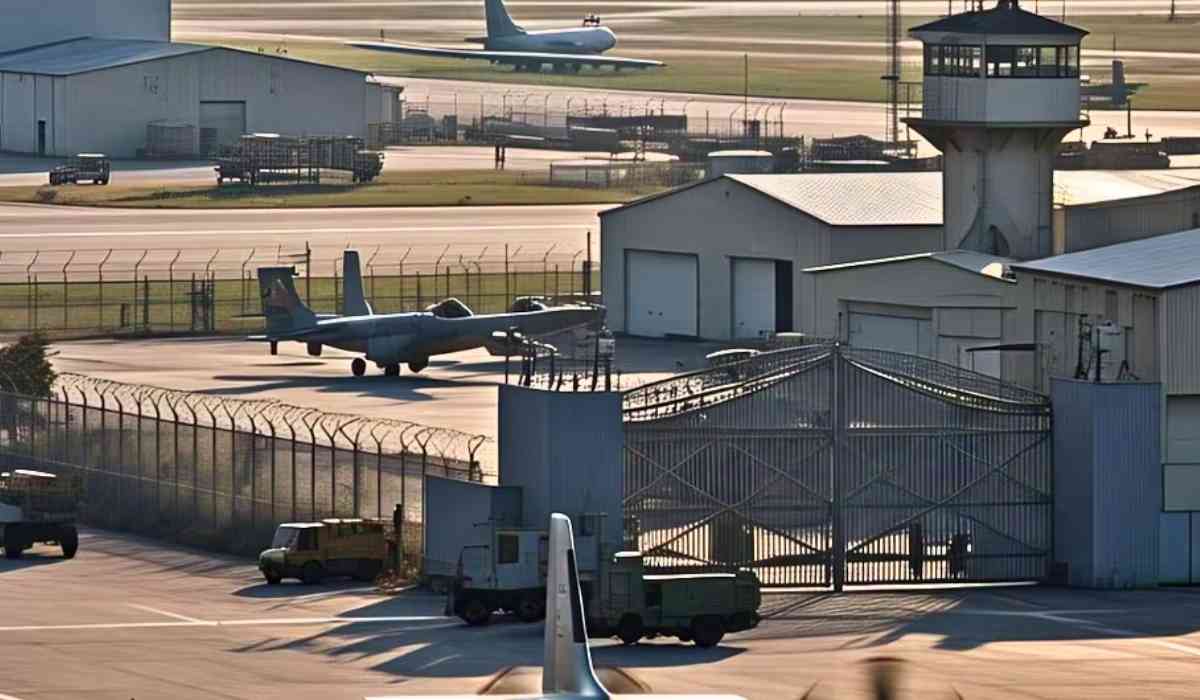On May 10, 2025, tensions between India and Pakistan reached a new peak as India launched missile strikes on at least three air bases inside Pakistan. This dramatic escalation follows weeks of rising hostilities, cross-border attacks, and a deadly incident in Indian-administered Kashmir. Here’s a clear and neutral look at what happened, why it matters, and what could come next.
What Led to the Strikes?

The latest round of conflict began after a tragic attack on Hindu tourists in Pahalgam, Kashmir, on April 22, 2025, which killed 28 civilians. India blamed militant groups based in Pakistan for the attack, while Pakistan denied any involvement. In response, India initiated "Operation Sindoor," targeting what it described as militant positions in Pakistan-administered Kashmir and Punjab province.
Details of the Indian Strikes
Early on May 10, India targeted at least three key air bases in Pakistan:
-
Nur Khan Air Base in Rawalpindi, near Islamabad
-
Murid Air Base in Chakwal city
-
Rafiqui Air Base in Jhang district, Punjab.
Explosions were reported at these sites, and Pakistan claimed that most of the incoming missiles were intercepted by its air defenses. According to Pakistani officials, the strikes did not hit any major air force assets, and only a few missiles landed within the bases.
Indian sources described the operation as "focused, measured, and non-escalatory," emphasizing that the strikes were aimed at militant infrastructure and not at Pakistani military establishments. India stated that its actions were a direct response to repeated provocations, including drone and missile attacks on Indian cities and military posts in the days leading up to the strikes.
Pakistan’s Response

Shortly after the Indian strikes, Pakistan announced its own military operation, targeting what it called a missile storage facility in northern India and airfields in Pathankot and Udhampur. Pakistani officials named their response "Operation Bunyanun Marsoos," asserting that their air force remained fully capable and that their actions were meant as retaliation for India's "provocation".
Impact on Civilians and Daily Life
The escalation has had a significant impact on ordinary people in both countries:
-
Airspace Closures: Both India and Pakistan closed major airports and rerouted or canceled flights, affecting thousands of travelers.
-
Schools and Exams: Schools and colleges in affected regions were shut down, and important exams were postponed.
-
Sports Events: Major cricket tournaments, including the Indian Premier League and Pakistan Super League, were suspended or relocated due to security concerns.
A Long History of Tension

India and Pakistan have a long and troubled history, especially over the disputed region of Kashmir. Since their independence in 1947, the two countries have fought several wars and have experienced frequent border skirmishes. The current conflict is one of the most serious escalations in recent decades, raising fears about the potential for a larger war between two nuclear-armed neighbors.
Why Is This Escalation Worrying?
-
Nuclear Threat: Both India and Pakistan possess nuclear weapons, making any military conflict between them extremely dangerous for the entire region.
-
Misinformation: In times of conflict, rumors and false information can spread quickly, making it hard for people to know what is really happening.
-
Civilian Safety: Whenever missiles and drones are used, there is a risk of civilian casualties and damage to homes, schools, and hospitals.
What Happens Next?

Both countries have signaled that they do not want a full-scale war. India described its actions as limited and specifically aimed at militant targets, not Pakistani military facilities. Pakistan also emphasized that its response was targeted and that its air force assets remained safe.
However, the situation remains tense, with ongoing cross-border firing and the possibility of further strikes. The international community is watching closely, hoping for restraint and a return to dialogue.
The Need for Calm and Dialogue
While both sides claim to be acting in self-defense, the real victims of such escalations are often ordinary people-families disrupted, children unable to attend school, and entire communities living in fear. History shows that military action rarely solves the underlying issues between India and Pakistan. Lasting peace will require open communication, trust-building, and a willingness to address the root causes of conflict, especially in Kashmir.
With inputs from agencies
Image Source: Multiple agencies
©️ Copyright 2025. All Rights Reserved Powered by Vygr Media.

















